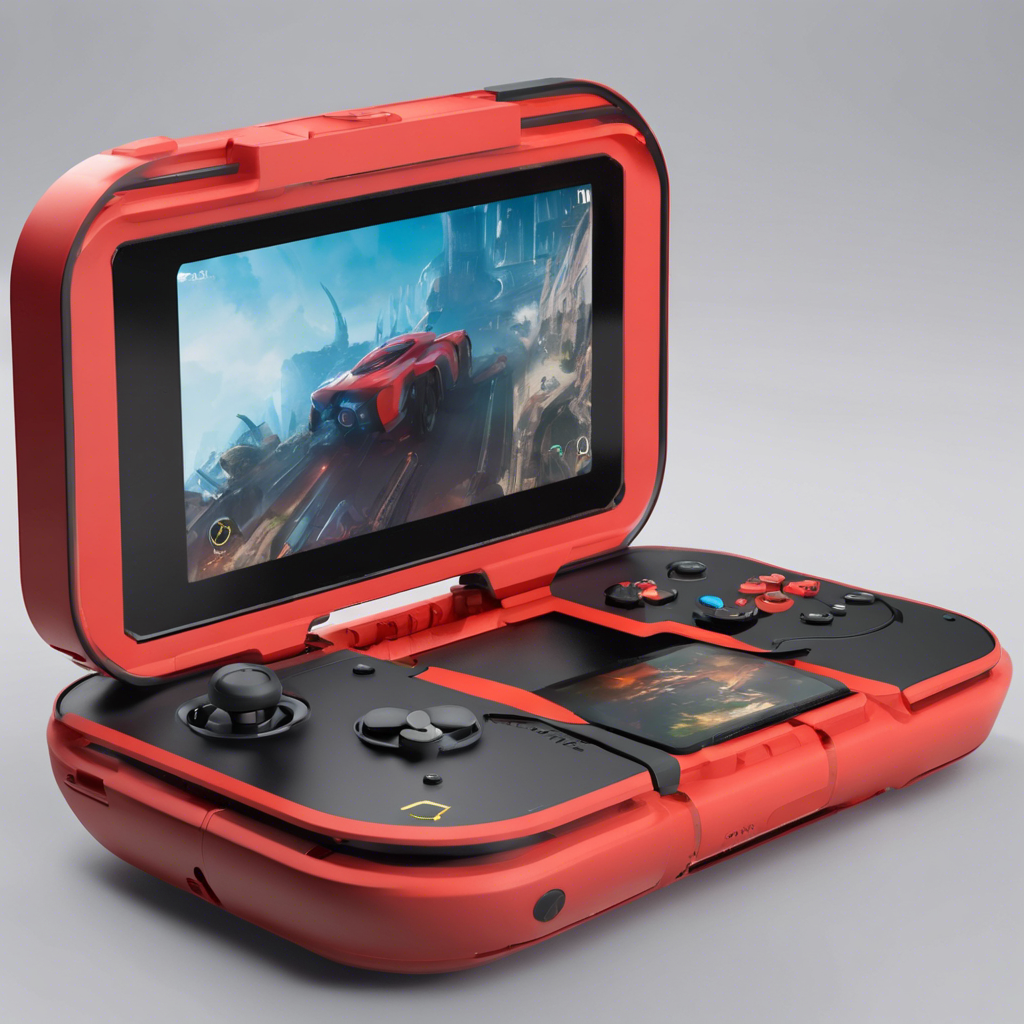Nvidia Reportedly Developing Portable Console to Rival Steam Deck
Nvidia, a prominent player in the graphics card industry, is rumored to be gearing up to enter the portable gaming market with its own handheld console to compete with the highly successful Steam Deck.
 Illustration of a cutting-edge portable gaming device
Illustration of a cutting-edge portable gaming device
Since its debut, the Steam Deck has garnered significant attention, boasting millions of pre-orders and favorable reviews for its AMD APU processor that delivers a robust gaming experience on the go. Despite the Steam Deck’s success, Nvidia has been notably absent from the portable gaming PC arena. However, recent rumors suggest that this may soon change, with Nvidia reportedly working on its own portable gaming device.
According to insights from YouTuber Moore’s Law Is Dead (MLID), Nvidia is actively exploring the possibility of creating more portable gaming devices leveraging its graphics technology. This move would mark Nvidia’s return to the handheld gaming market following its collaboration with Nintendo on the Tegra chip for the Nintendo Switch.
Nvidia’s foray into portable gaming is not limited to consoles, as MLID indicates that the company is eyeing a partnership to develop a high-end portable gaming device to compete directly with the Steam Deck and other portable gaming PCs like the Ayaneo and GPD Win 3.
While the specifics of Nvidia’s potential partner remain undisclosed, speculation points to Asus as a likely candidate due to its existing lineup of gaming products featuring Nvidia’s GeForce GPUs. However, Nvidia faces a significant hurdle in the form of lacking a license to manufacture x86 CPUs, the industry standard for PC gaming.
Unlike competitors AMD and Intel, which integrate CPUs and GPUs into a single chip, Nvidia would need a separate processor for its device. MLID suggests that Nvidia might collaborate with Intel to address this challenge, potentially resulting in a high-performance gaming handheld. However, this approach could lead to bulkier design and reduced battery efficiency compared to the streamlined Steam Deck.
As Nvidia explores the portable gaming market, enthusiasts eagerly await further details on the company’s gaming device plans and potential partnerships. Stay tuned for updates on Nvidia’s venture into the world of portable gaming.
This article was written by Mia Ramirez, a gaming enthusiast and tech journalist with a passion for uncovering the latest trends in portable play. When not immersed in the digital realm, Mia enjoys exploring the outdoors and honing their cupcake baking skills.


 Photo by
Photo by 












